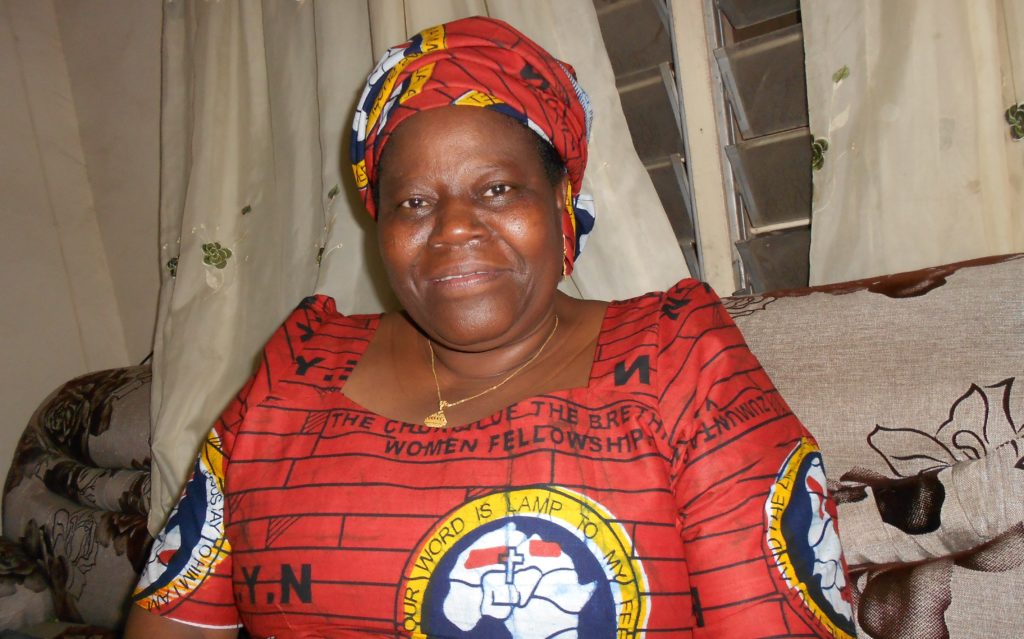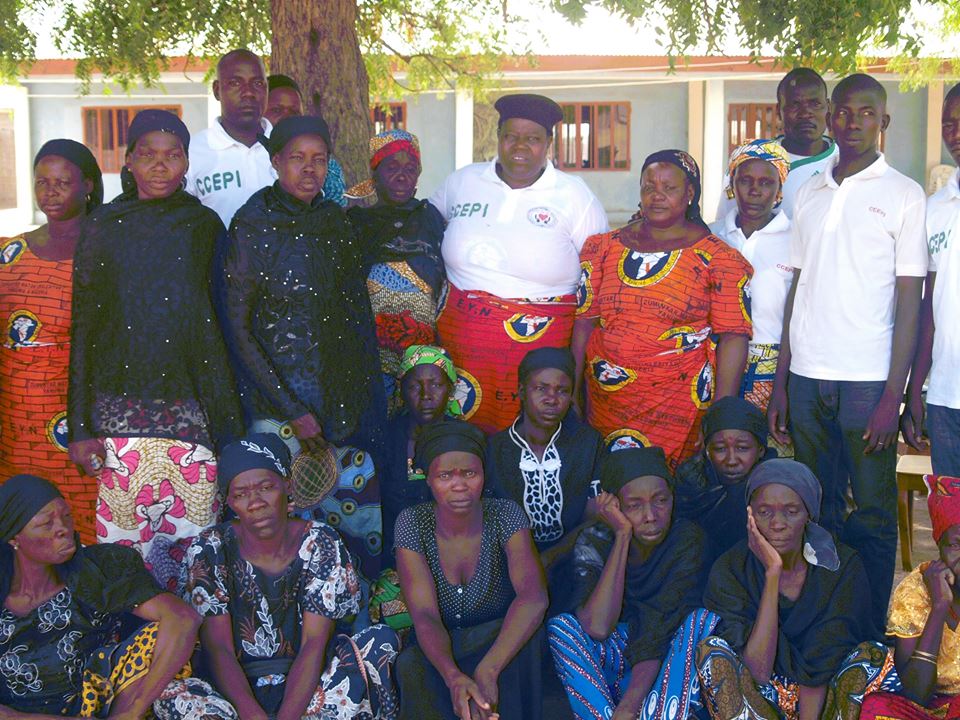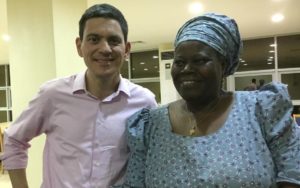
A Nigerian aid worker who works with victims of Boko Haram’s insurgency in the north-east has won the 2017 UN Sergio Vieira de Mello Award.
Dr Rebecca Dali, Executive Director of the Centre for Caring, Empowerment, and Peace Initiatives (CCEPI), won it because her centre is “at its best” in caring for women, children, and orphans, the most vulnerable populations in north-east Nigeria, ravaged by eight years of violence.
Dr Dali, as wife of the ex-President of the Church to which most of the 276 Chibok girls belonged, was amongst the first to visit their parents after the mass kidnapping in April 2014.
The Sergio Vieira de Mello Award is conferred biennially, to draw the world’s attention to the unnoticed efforts by individuals, groups and organisations “doing something special and unique to reconcile people and parties in conflict”.
Her letter announcing the award read: “This is in recognition of the courageous efforts of you and the CCEPI to promote the re-integration of returning women abducted by the Boko Haram group back into their local communities. As the communities resisted their re-integration, your negotiation skills and reconciliation efforts played an important role in their successful re-integration.”
The CCEPI has been taking care of children born of girls abducted by Boko Haram who are referred to as “bad-blood children” in the southern part of Borno State.

Hanson Tamfu of the UNHCR said Dali has been instrumental to the re-integration of women who lived with Boko Haram in spite of resistance from the integrating communities, as she advocated against the double victimisation of the women.
According to him, Dali was the first humanitarian actor to set up a livelihood programme for Internally Displaced Persons (IDPs) and returnees in the Madagali and Michika local government areas of Adamawa. He said that the centre took the risk of reaching areas considered inaccessible and dangerous at the peak of Boko Haram’s insurgency, at a time when other NGOs could not.

Originally from Borno State herself, Dr Dali had shared with World Watch Monitor her passion about the plight of women on a number of occasions.
“Widows are particularly vulnerable in north-east Nigeria, the area most affected by the Boko Haram insurgency. For many, the loss of their husband is the beginning of hardship for them and their children, who may not then be able to get an education,” she explained.
She has also personally experienced the hardship of people in north-east Nigeria. During the weekend of 6-7 September 2014, Boko Haram militants took over the town of Michika, in Adamawa, forcing Dali and her husband* to flee.
“I dedicate this award to my son Timothy, who disappeared in the Jos crisis [21 March 2011], to the abducted Chibok girls and many who are still in captivity. Praying for all of you to come home. And if you are gone in the process of suffering, until we meet in heaven, where there is no injustice and threat but everlasting peace,” she wrote on Facebook.
The CCEPI was set up CCEPI in 1989 and works with international organisations including the UNHCR and the International Rescue Committee, and has gained trust among local communities.
The award ceremony will take place on 21 August in Geneva, during the celebration of World Humanitarian Day.
Sergio Vieira de Mello, a Brazilian UN diplomat, died when his Iraq office was blown up in 2003.
*(Rev Samuel Dali is the former President of the Church of the Brethren (Ekklesiyar Yan’uwa a Nigeria, or EYN).